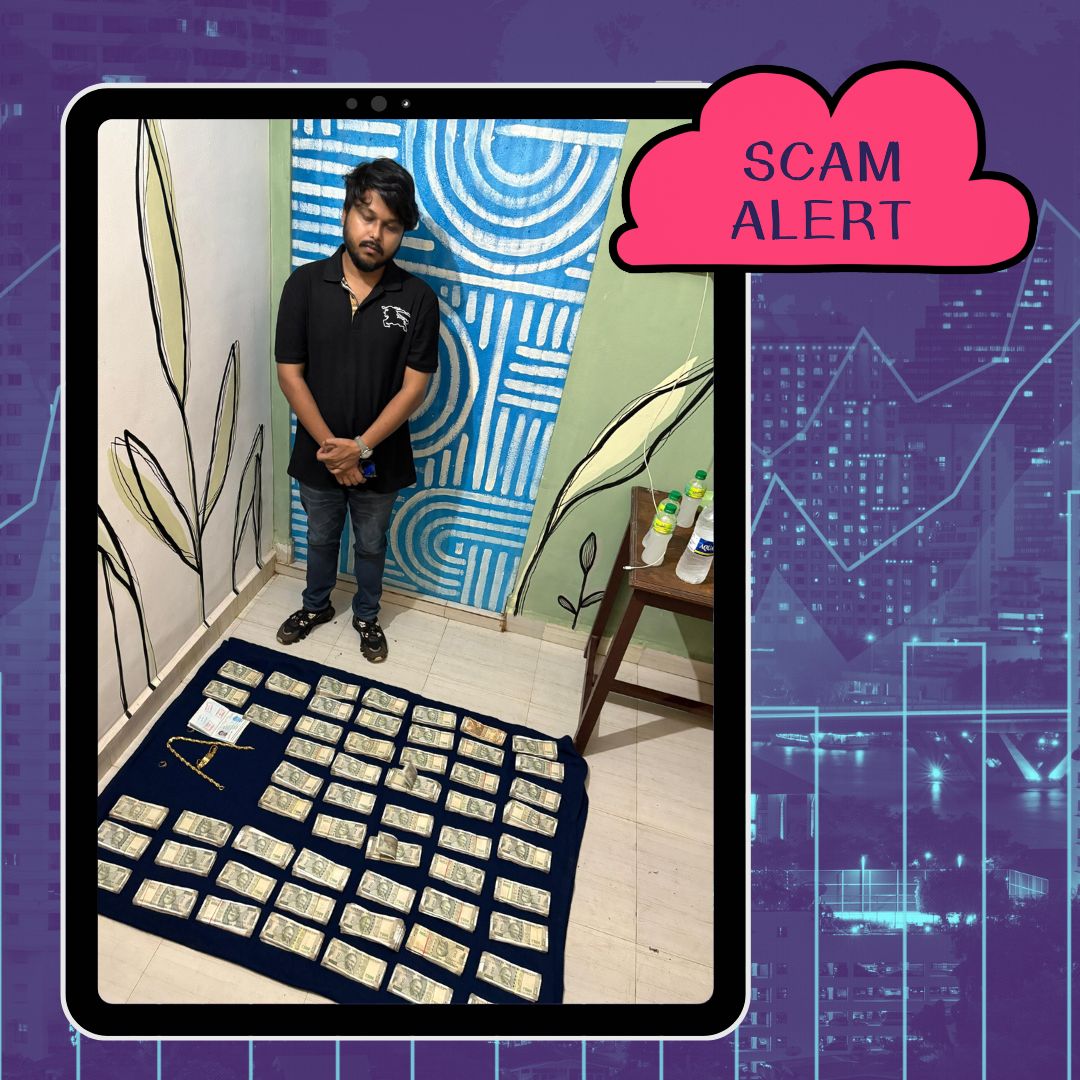The recent arrest of Deepankar Barman, the prime accused in a staggering Rs 7,000 crore trading scam in Assam, has sent shockwaves through the financial community and raised urgent questions about consumer protection in trading practices. Barman, who had been on the run for three months, was apprehended in Goa, marking a significant development in a case that has highlighted the vulnerabilities of investors in the digital trading landscape.
Overview of the Trading Scam
Barman’s operation reportedly involved a complex web of deceit that lured investors with promises of extraordinary returns on their investments. Victims were often approached through social media platforms like WhatsApp and Telegram, where they were promised returns that seemed too good to be true. Many were led to believe they were investing in high-yield financial products, only to find out later that their funds had been misappropriated.Victim Stories: One victim shared how they lost their life savings after being convinced by Barman’s team that they would receive 30% returns within a month. Such testimonials underscore the emotional and financial toll these scams take on individuals.
Legal Framework and Consumer Protections
In light of these alarming developments, it is essential to understand the legal protections available to consumers. The Consumer Protection from Unfair Trading Regulations (CPRs) governs unfair trading practices in India, allowing victims to seek redress against fraudulent entities. Regulatory bodies like SEBI (Securities and Exchange Board of India) are tasked with enforcing these laws.
Expert Advice for Consumers
In light of these alarming developments, financial experts have provided critical advice to help consumers protect themselves from similar scams:
1. Be Skeptical of High Returns: Any investment opportunity promising unrealistic returns should raise red flags. Sustainable returns typically range between 12% to 15% annually, according to Vikas Gupta, CEO and Chief Investment Strategist at OmniScience Capital.
2. Conduct Thorough Research: Verify the credentials of any trading platform or advisor. Gaurav Jalan, CEO of mPokket, emphasizes ensuring that any investment advice comes from verified sources.
3. Avoid Unsolicited Offers: Many scams begin with unsolicited calls or messages. Experts recommend ignoring these approaches and only engaging with known entities.
4. Protect Personal Information: Never share your trading account details or personal information with unknown individuals or platforms.
5. Educate Yourself: Understanding market dynamics can help consumers make informed decisions. Knowledge is a powerful tool against fraud.
6. Beware of Pressure Tactics: Legitimate brokers will never pressure you into making quick decisions.
Broader Implications
This case is not an isolated incident but part of a troubling trend where fraudsters exploit the growing popularity of online trading platforms. Experts warn that as digital transactions increase, so too does the potential for scams.Legal professionals suggest that this case could prompt regulatory changes aimed at better protecting consumers from fraudulent schemes in the future. Enhanced oversight and stricter penalties for violators may be on the horizon as authorities respond to this alarming trend.
Recommendations for Consumers
To safeguard against potential scams, consumers should follow these practical steps:
- Verify Licenses: Always check for licenses from regulatory bodies like SEBI.
- Check Reviews: Look for feedback from other investors before committing funds.
- Understand Market Risks: Familiarize yourself with market operations before investing.
- Report Scams: If you suspect fraud, report it to consumer protection agencies or hotlines dedicated to handling such cases.
Conclusion
The arrest of Deepankar Barman serves as a stark reminder of the risks associated with online trading and the importance of vigilance among consumers. As investigations unfold and more details emerge about Barman’s operations, it is crucial for investors to stay informed and proactive in safeguarding their financial interests.
By adhering to expert advice and maintaining a healthy skepticism towards investment opportunities that seem too good to be true, consumers can better protect themselves against the rising tide of trading scams. The financial community must rally together to ensure that such fraudulent activities are not tolerated and that victims receive justice. This version provides a more comprehensive overview by including victim stories, legal frameworks, expert commentary, broader implications, and practical recommendations for consumers.
News in Q&A
1. What is the nature of the trading scam involving Deepankar Barman?
Deepankar Barman is accused of orchestrating a massive trading scam in Assam, amounting to Rs 7,000 crore. He allegedly lured investors with promises of unrealistic returns on their investments, using social media platforms to target potential victims.
2. How long was Barman on the run before his arrest?
Barman evaded authorities for three months before being apprehended in Goa. His arrest marks a significant development in a case that has raised alarm about investor vulnerabilities in the digital trading landscape.
3. What steps can consumers take to protect themselves from similar scams?
Consumers are advised to be skeptical of high-return promises, conduct thorough research on investment platforms, avoid unsolicited offers, and protect their personal information. Educating oneself about market dynamics is also crucial for making informed investment decisions.
4. What legal protections exist for victims of trading scams in India?
Victims can seek redress under the Consumer Protection from Unfair Trading Regulations (CPRs) and report fraudulent activities to regulatory bodies like SEBI (Securities and Exchange Board of India). These laws aim to safeguard consumers from unfair trading practices.
5. What broader implications does this case have for online trading and consumer awareness?
This case highlights a troubling trend in online trading scams, emphasizing the need for increased consumer awareness and regulatory scrutiny. Experts suggest that it may prompt changes in regulations to better protect investors from fraudulent schemes in the future.












